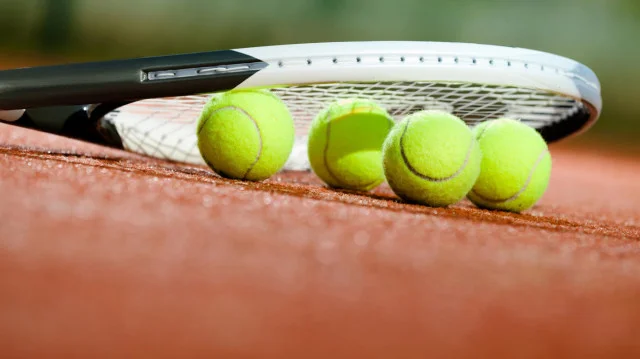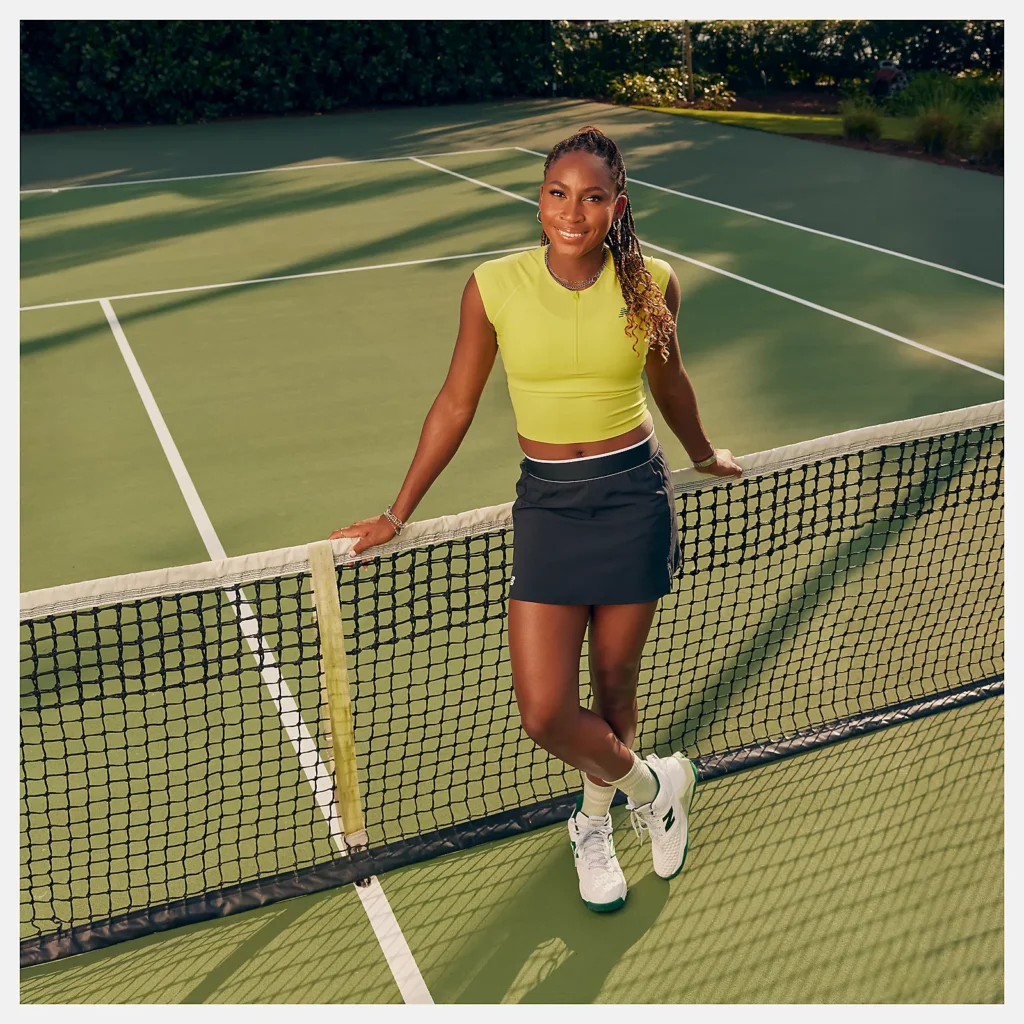
Every summer, Wimbledon captivates millions, and not just tennis fans.
For marketers and brand strategists, it’s a golden opportunity to identify rising stars and align with athletes whose influence is rapidly growing. From Centre Court to center stage, major tournaments like Wimbledon are powerful platforms that transform players into icons and prime candidates for strategic brand partnerships. You don’t have to think too hard to realize that Tennis players are ideal brand ambassadors for a range of industries due to their global visibility, aspirational lifestyles, and strong personal brands.
Why Wimbledon Is a Brand-Building Powerhouse
Events like Wimbledon, the US Open, and the Olympics offer more than just thrilling sports moments. They offer massive global exposure that is emotionally charged. These events attract millions of viewers, dominate social media feeds, and generate countless headlines. That level of attention creates a unique opportunity for brands looking to connect with audiences through authentic, real-time storytelling.
The “Wimbledon Effect”: A Surge in Visibility
When a relatively unknown player reaches the semifinals or pulls off an upset victory at Wimbledon, their global profile can change overnight. Social media followers multiply, press interviews spike, and Google searches increase dramatically. Most importantly, brands start to pay attention.
Marketers refer to this phenomenon as the “Wimbledon Effect,” a sudden burst of visibility that makes athletes highly attractive for partnerships. This short window presents an ideal moment for brands to act quickly and authentically.

From Athlete to Influencer: Real-World Brand Partnerships
Some of the world’s most iconic brand deals began shortly after major sporting achievements. Consider these examples:
- Naomi Osaka became a face of Louis Vuitton after her Grand Slam success and global influence.
- Roger Federer partnered with Uniqlo, setting a new standard for athlete-brand relationships in the fashion industry.
- Coco Gauff, after her breakthrough Wimbledon performance, secured deals with New Balance, Barilla, and other major brands.
These athletes didn’t just win matches; they connected with audiences on a deeper level through their stories and values. That kind of resonance is what brands look for.

Why Athletes Are Ideal Brand Ambassadors
Athletes offer several advantages:
- Aspirational yet relatable: They inspire while remaining human.
- Culturally influential: Sports figures often set trends and drive conversations beyond athletics.
- Global reach: Many athletes attract international audiences across various platforms.
By partnering with athletes during or just after major events, brands tap into powerful emotional connections and the excitement of live sports moments. Many brands can benefit, Sportswear and athletic gear companies align naturally with their performance-driven image, while skincare, hygiene, and beauty brands benefit from their focus on health, discipline, and appearance. Additionally, luxury and wellness brands, such as watches, supplements, or cosmetics, can leverage the elegance and prestige often associated with the sport and its top athletes.
Timing Is Everything: Capitalize on the Moment
The real marketing opportunity lies not just in who wins, but when. Peak performances coincide with peak engagement. Brands that move quickly by signing athletes, launching campaigns, or sharing relevant content can ride the wave of interest and visibility.
Waiting too long often means missing the moment. Competitors may step in first, which is why marketing teams should monitor events like Wimbledon in real time and be ready with activation strategies.
How to Choose the Right Athlete for Your Brand
Not every player is the right fit for every brand. Consider these factors:
- Audience match: Does the athlete appeal to your target market? This could be due to their age, culture and life style.
- Shared values: Do they represent ideals your brand stands for? Do they hobbies or interests outside of the sport that they talk about?
- Engagement quality: Are they active and authentic on social media? Do they have a large following, and an audience that you would want to get your brand in front of?
- Growth potential: Is their influence likely to continue increasing? Will their sports career continue to grow taking our brand with it?
Wimbledon and other major sports events are more than just competitions. They are cultural moments, with the power to create lasting brand impact. For marketers ready to act, these events offer a rare chance to partner with athletes whose influence is rising in real time.
So the next time you’re watching a Grand Slam or championship final, remember, you might also be spotting your next brand ambassador.

